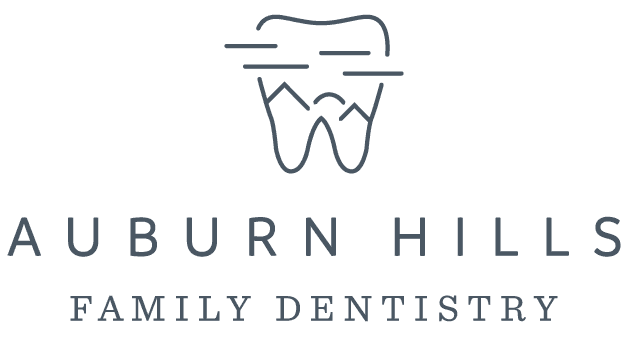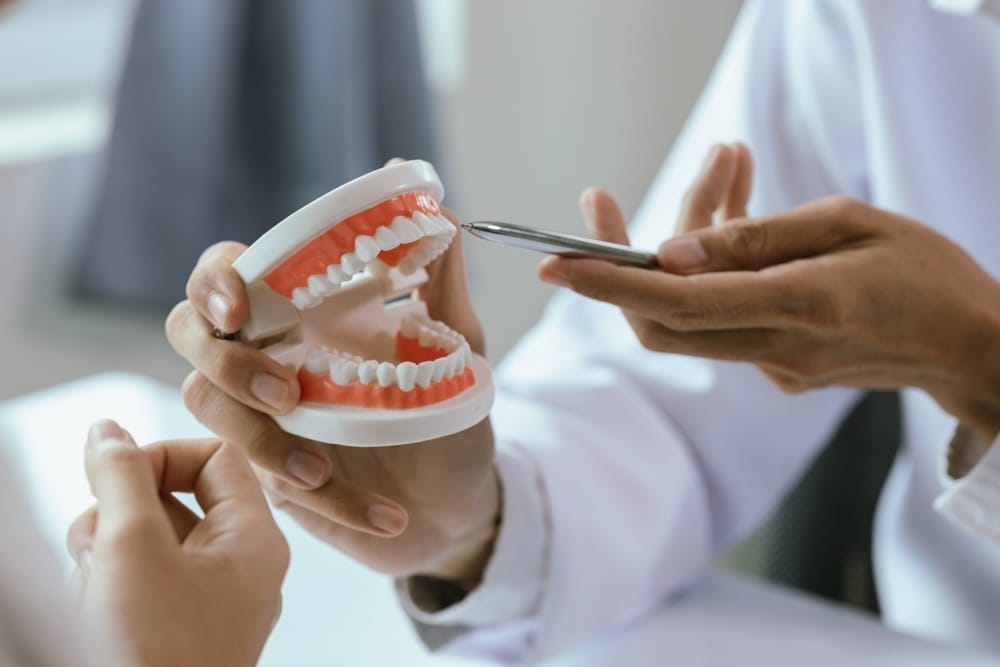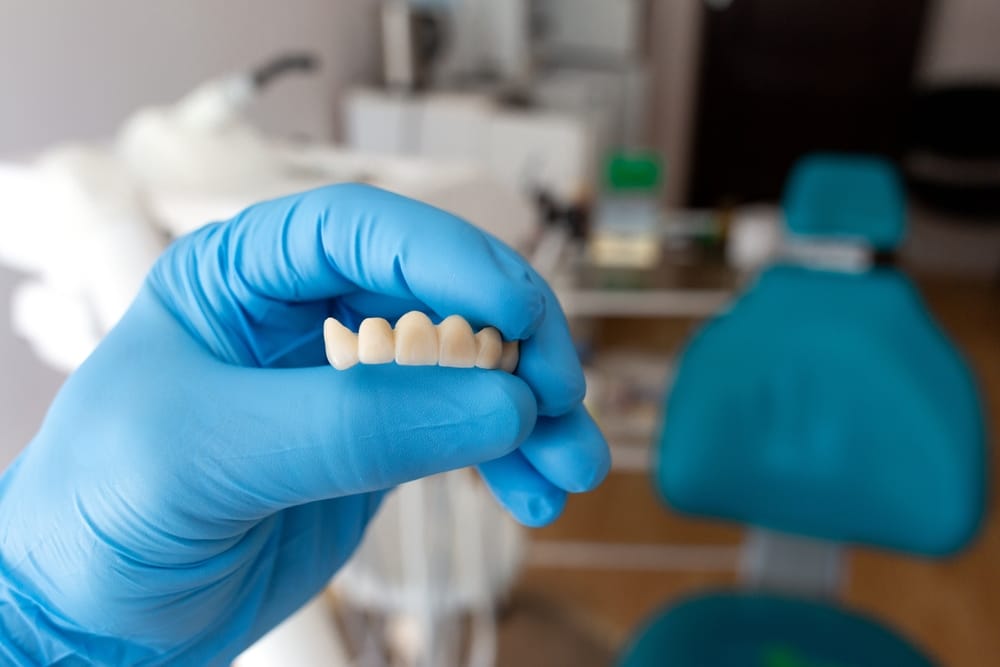How Do I Know If My Implant Needs to Be Restored?
While dental implants usually last 30+ years, implant-supported restorations (such as dental crowns) usually won’t last that long. In most cases, you’ll need to have your implant repaired and restored at some point during its lifespan.
The most obvious sign that your implant needs to be restored is visible signs of physical damage to your implant-supported restoration. For example, if your crown is chipped or cracked, or you notice any other damage to your restoration, it likely needs to be repaired or replaced to restore your smile.
In some cases, you may also notice that your implant feels wobbly or loose. This is usually caused by damage to the restoration, not the implant itself. The restoration may have been damaged or come loose from the implant abutment, which can cause it to move around.
On your own, it’s not always easy to tell if your implant needs to be restored. However, if it’s feeling strange or loose, you notice visible damage, or you suspect that it’s damaged for any other reason, come into Auburn Hills Family Dentistry. Dr. Haycock will examine your smile to determine whether or not your implant needs to be restored.







